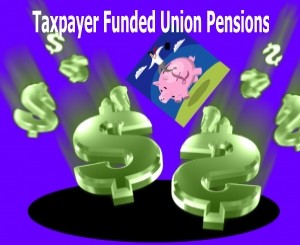NLRB Reverses Let's Employees Speak, well sort of
From the National Right To Work Legal Defense Foundation:
Worker Advocate Blasts Labor Board Ruling to Allow Charleston Workers Minimal Say in Boeing Case
Big Labor watchdog slams ruling as insufficient; ploy to quietly sweep workers’ stories under the rug
Washington, DC (June 20, 2011) – The National Labor Relations Board (NLRB) in Washington, D.C. has ruled three Charleston-area Boeing Company (NYSE: BA) employees are allowed to intervene, albeit minimally, in the NLRB’s high-profile case against Boeing.
With free legal assistance from the National Right to Work Foundation, North Charleston Boeing employees Dennis Murray, Cynthia Ramaker, and Meredith Going, Sr. filed a motion earlier this month to intervene in the NLRB’s unprecedented case targeting the company for locating production of some of its 787 Dreamliner airplanes in South Carolina, in part due to its popular Right to Work law.
An NLRB Administrative Law Judge in San Francisco denied the workers’ request and the workers were forced to file an emergency appeal with the national Board in Washington, D.C. The Board in D.C. has ruled that the employees can only file a brief in the case once the hearings, occurring in Seattle, Washington, are concluded.



